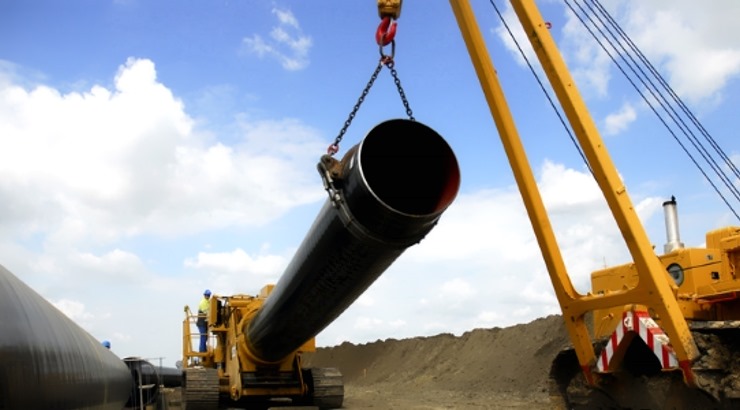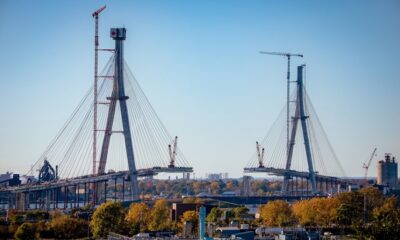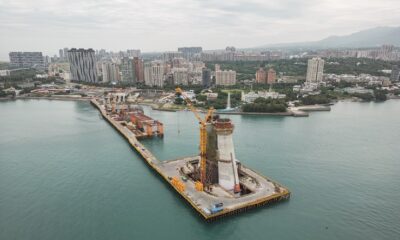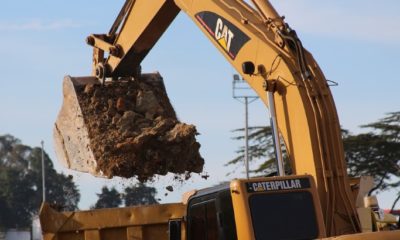Infrastructure
British firm wins deal to design Sh200bn Kenya oil pipeline
The firm was picked from a group of eight companies that were in January invited to bid for the work.

British energy services company Wood Group Plc has been contracted by the Kenyan government to design a massive pipeline that will move crude oil from Turkana fields to the port of Lamu.
Andrew Kamau, the principal secretary at the Ministry of Petroleum and Mining, said on Thursday that the UK firm was picked from a group of eight companies that were in January invited to bid for the work.
“We selected the eight firms from a pool of contractors that had submitted applications to be prequalified to undertake [design work] after we sent out a request for expression of interest in 2016,” he said.
Wood Group is expected to complete the design work for the Sh200 billion project in eight months.
The design work, technically referred to as front end engineering design programme, will involve a study of the plan that the pipeline will take as well as basic engineering.
The task informs technical requirements and the investments needed to lay the pipeline.
Kenya expects construction of the 800-kilometre pipeline to begin as soon as the design work is finalised.
The pipeline, which will move crude oil from fields in Lokichar basin to Lamu, is expected to be completed before commercial production begins by end of 2021.
UK-based oil giant Tullow, the developer of the Turkana oilfields, had last April pledged to begin design work from June 2017 before construction of pipeline gets underway this year.
Tullow, which has teamed up with Africa Oil and Maersk Oil, said it was in the final stages of talks with the Kenyan government on a joint development agreement that was expected to give directions on the project.
A year later, the project has failed to kick off despite the fact that Tullow has already produced about 55,000 barrels of crude for export.
The delayed project had last year prompted the Kenyan government to contract three local firms to provide trucks and oil tank containers to transport crude to the port of Mombasa by road for export.
Primefuels Ltd., the Nairobi-based subsidiary of Primefuels Group of Dubai, bagged the tender to supply 100 tank containers, each with a capacity to carry 150 barrels of crude.
Multiple Hauliers (EA) Ltd and Oilfield Movers Ltd were to supply trucks on which the tank containers would be mounted.
The venture is yet to kick off.
Industry experts had questioned the viability of the venture, considering that transporting 2,000 barrels of crude, the required capacity to fill one ship tank, would require at least 20 trucks per day to ferry the crude oil to Mombasa for two months.
On the other hand, the planned pipeline can easily move up to 120,000 barrels of crude per day – making it a faster, cheaper, and viable business model.












